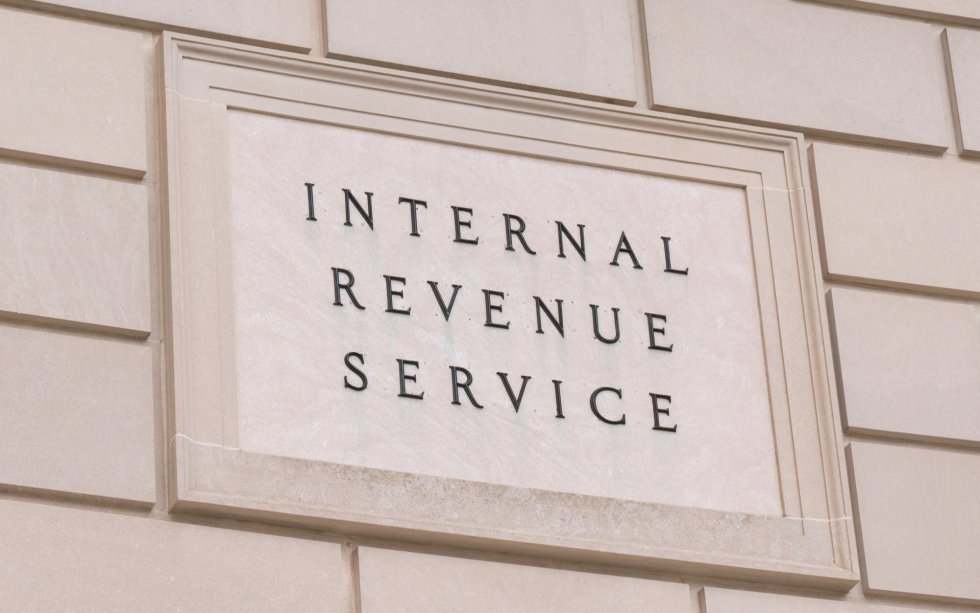The Internal Revenue Service (IRS) is stepping up its investigations into cryptocurrency-related tax fraud and unreported taxable gains. Clearer laws and guidelines are expected in the near future and could open the door to litigation and penalties against those who fail to cooperate.
‘I Think The Jury Is Still Out’
Reporting and paying taxes on cryptocurrencies is a topic of confusion among investors and lawmakers alike, while the Internal Revenue Service has been collecting more and more data from cryptocurrency exchanges over the course of this year. In January, exchange giant Coinbase lost a court case against the IRS, allowing the bureau access to the financial documents of around 13,000 of the popular exchange’s customers.
The IRS says that very few taxpayers actually report and pay tax on their cryptocurrency transactions.
Tax attorney Steven Toscher said recently during New York University’s Tax Controversy Forum:
Some of the press reports indicate there were some $90 billion of unreported gains in 2017. That’s when we got the big spike in bitcoin-related currencies. There’s not a lot of cryptocurrency transactions being reported on tax returns. I think the jury is still out.
IRS criminal investigations special agent Gary Alford — head of the task force that brought down the online ‘black market’ Silk Road — warns noncompliant investors:
We have been involved in this since 2013 so we are ahead of the curve […] Now we’re waiting to see as more and more information comes out, we’re looking to use some of that information that we’ve collected.
The IRS has made its stance on paying cryptocurrency taxes clear. The more information that they gain from the exchanges, the easier it will become to make more concrete legislation and, at the same time, keep tabs on users’ taxable goods.
Many investors and exchange owners think the IRS is stepping over its boundaries by collecting customers’ financial records.
‘A Significant Part Of The Economy’
The majority of both cryptocurrency users and lawmakers want to see clearer, more defined regulations and laws.
Toscher also pointed out the need for a simple mechanism for recording one’s cryptocurrency transactions, while noting his belief that digital currencies will play a much more significant part in the economy in the years to come:
There are a lot of cryptocurrencies. There are a lot of different exchanges out there, totally unregulated at this point, or largely, though the SEC is starting to look at those. But this is all computer-driven information. It lends itself to information reporting. Broker-dealers have to issue their 1099s, their basis information, and I think that’s what Treasury and the IRS need to be looking at if this is truly going to be a significant part of the economy. You see big brokerages moving into this area, so I think we need to start looking at that.
In the meantime, cryptocurrency investors are urged to keep regular records of cryptocurrency transactions and holdings.
Tyson Cross, a U.S. based tax attorney, suggests using services such as Bitcoin.tax and Cointracking.info to assist users in tracking and calculating cryptocurrency taxes. He said:
It will calculate all of your capital gains, and then you can export that as a report and use it to file your taxes.
What do you think of the increased involvement of the IRS in the cryptocurrency market? How difficult do you find keeping track of cryptocurrency records to be? Let us know your thoughts in the comments below!
Images courtesy of Shutterstock, Bitcoinist archives, Wikipedia Commons.
